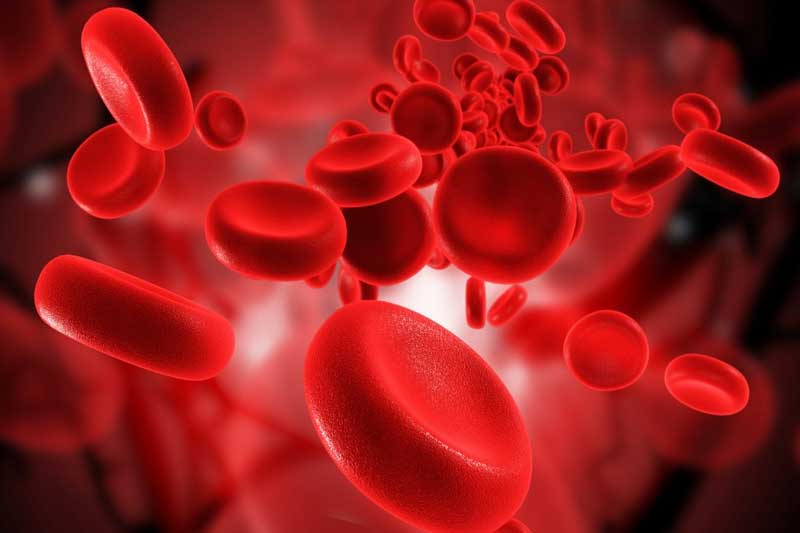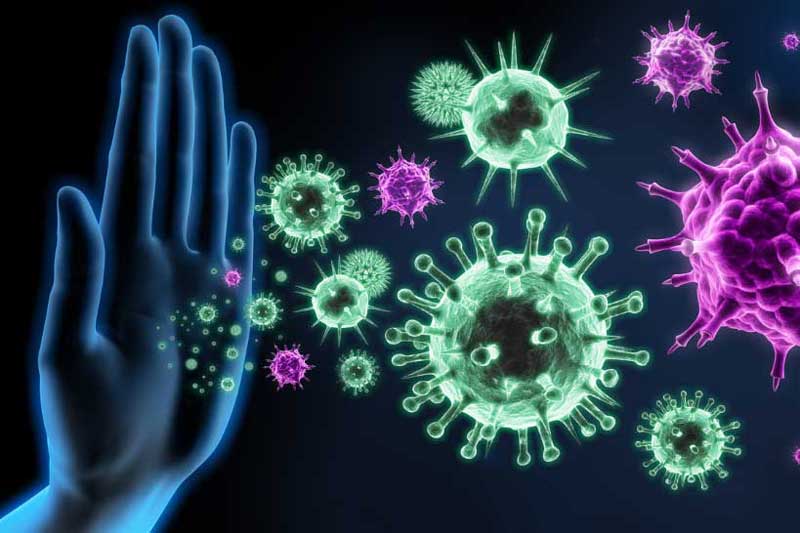What are Haematological Disorders and How does it affect you?
Benign hematologic disturbances are inherited blood ailments that are typically treated with medication and lifestyle changes. Our board-certified hematologists at Sanguine Clinic have a variety of bleeding disorders, such as Idiopathic TP (ITP), Haemophilia, and Inherited enzyme dysfunction, and more.
Hematology is a broad field that encompasses a wide range of disorders. Some of these disorders are benign, which means they resolve entirely with therapy or do not lead to health conditions and have no effect on overall life expectancy. Some are persistent and lifelong, but they do not affect longevity. These are some illustrations of benign disorders, Anemia caused by a chronic disease, Anemia due to iron deficiency, Autoimmune hemolytic anemia is a disease caused by the immune system that results in a low red blood cell count, and more.
Classifying Haematological Disorders
Another way to categorize hematologic disease is to determine whether it is inherited or obtained. Hemophilia, definite clotting illnesses, thalassemia, and sickle cell anemia, for instance, are inherited diseases, whereas the majority of the other disorders mentioned above are acquired. Inherited blood diseases are typically diagnosed in childhood, but if the person is only mildly affected, a diagnosis may not be managed to make until the participant reaches adulthood. For instance, an abnormal laboratory finding - anemia or a clotting abnormality - may be discovered during surgery when screening tests are performed. These must be evaluated to ensure the patient is not at a higher risk for their procedure.
Most benign blood disorders interfere with the formation and function of blood cells, causing an abnormally low or high concentration of blood cells or preventing blood cells from appropriately forming or maturing. These issues frequently begin in the bone marrow, where stem cells differentiate into red blood cells, white blood cells, or platelets. When there is a blood disorder, the blood is unable to perform its normal functions, including stopping bleeding (the job of platelets) and safeguarding the body from infectious disease (the job of white blood cells). In contrast to malignant (cancerous) blood illnesses such as leukemia, lymphoma, and myeloma, benign blood disorders may be treatable.
How is it Identified?
Physical examinations, the patient's healthcare history, and laboratory testing are used by hematologists to diagnose hematological diseases. One of the more common diagnostic quandaries, whether the blood counts are too low or high, is distinguishing a secondary or "reactive" occurrence from a primary hematologic or bone marrow situation. A bone marrow biopsy is regularly required for this purpose. This usually entails examining the chromosomes as well as the top layer proteins or receptors on bone marrow cells.
The latter is a highly sensitive test for excluding lymphoproliferative disorders like chronic lymphocytic leukemia or lymphoma. To rule out hemolysis, or the rapid breakdown or destruction of red blood cells, additional specialized testing is required. An additional test is necessary to rule out the presence of organ problems (kidney, liver, lung, thyroid), collagenous disorders (lupus erythematosus, rheumatoid arthritis), and cancer, both of and something that can have an implicit effect on bone marrow or blood, and more.
What are the available treatments available?
Treatments vary by disease type and can involve general observation, the use of steroids as well as other immune-modulating treatments, transfusions or coagulation factor assistance, growth factor probiotics, complex chemotherapy, and bone marrow transplant. In some minor cases, a hormone injection can assist the body in producing more clotting factors. In more severe cases, a clotting factor infusion, usually from donated blood, is required to stop the bleeding. Clotting factor injections may also be required regularly as a preventative measure.
Contact Sanguine Clinic or schedule a meeting through this website for more information on the treatment option for, Haematological Disorders.



